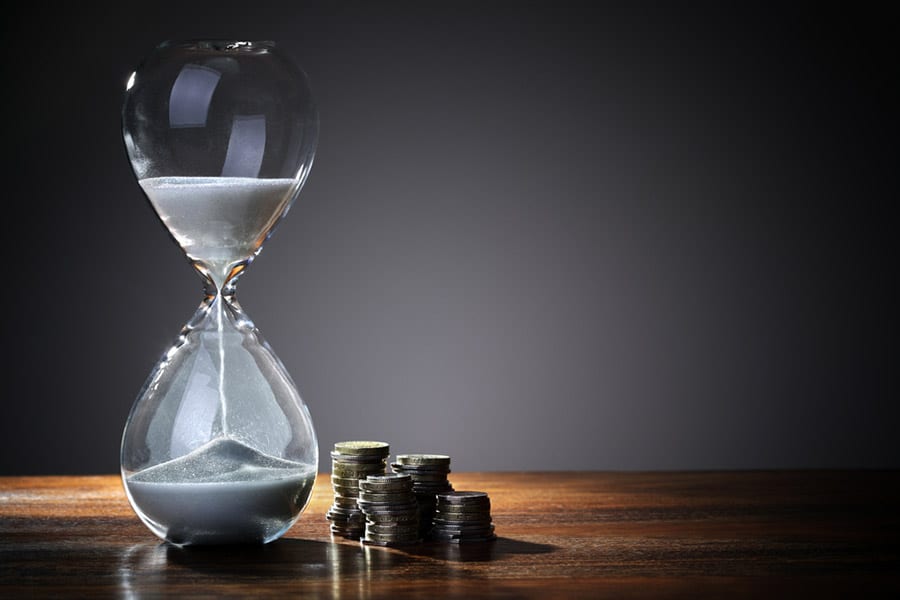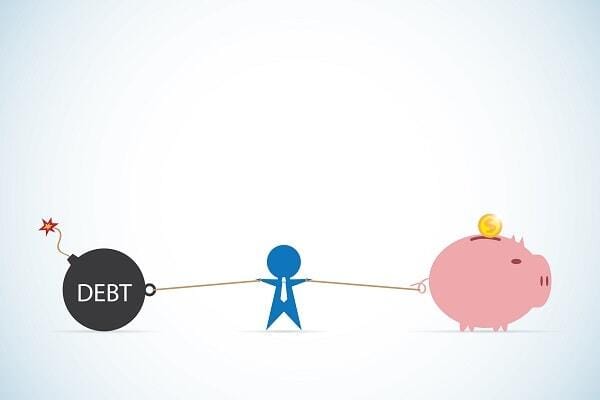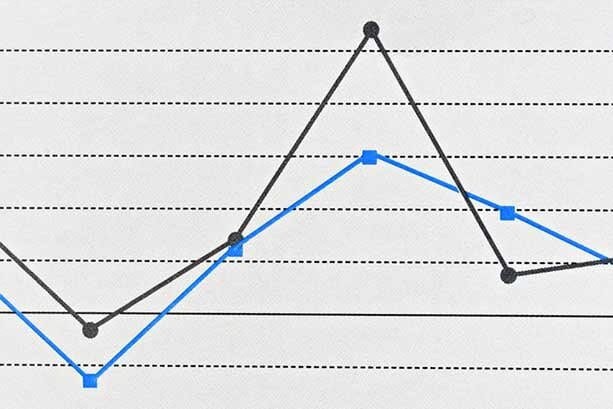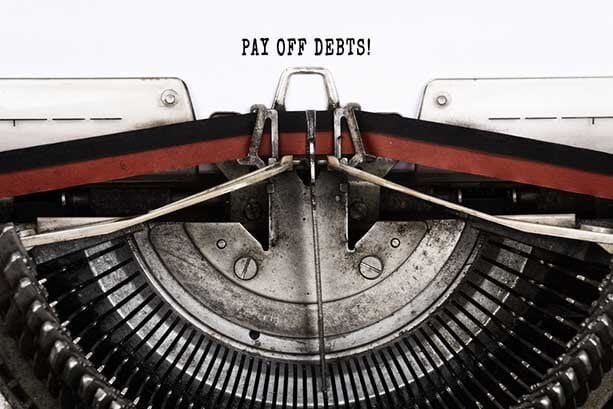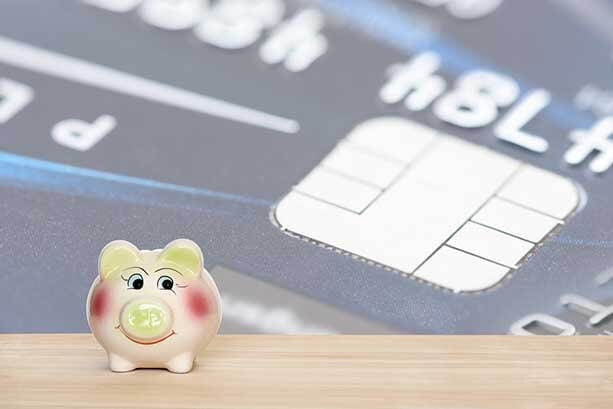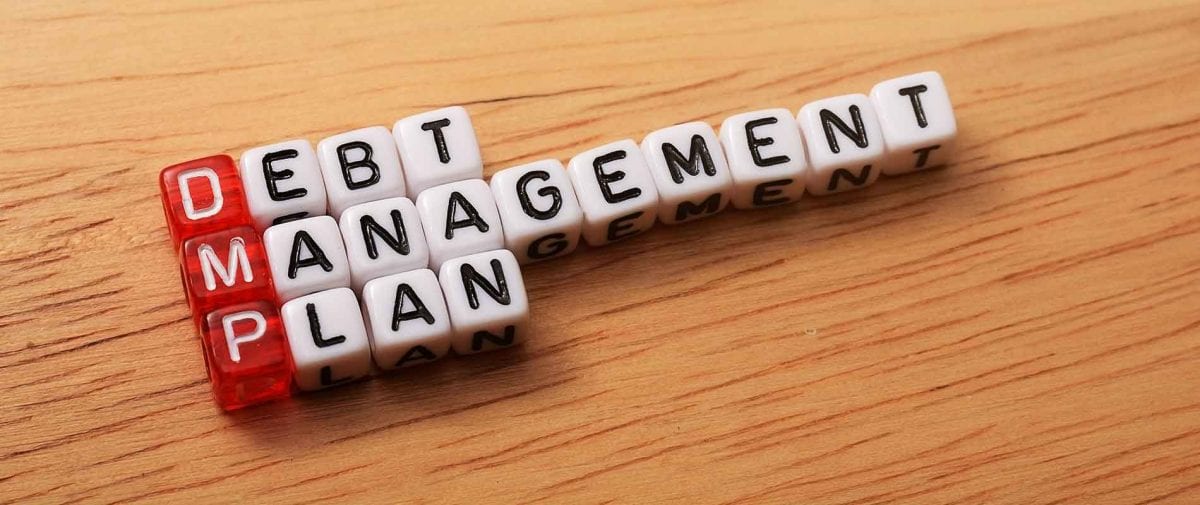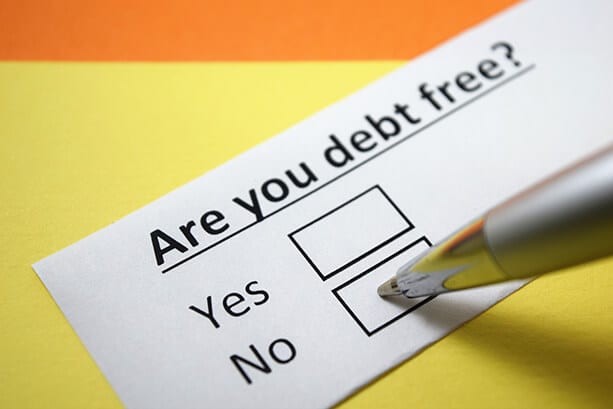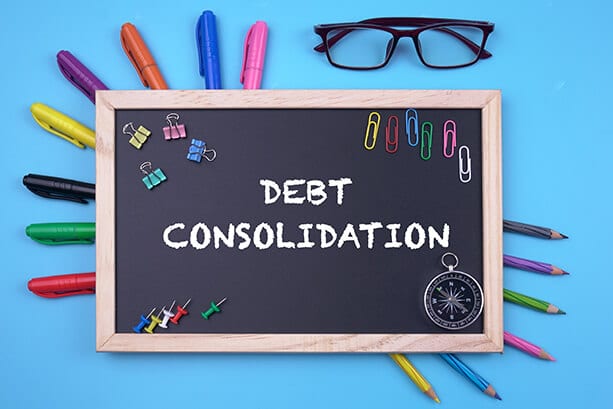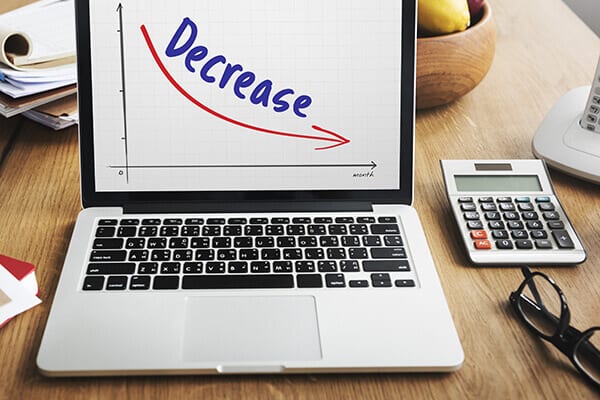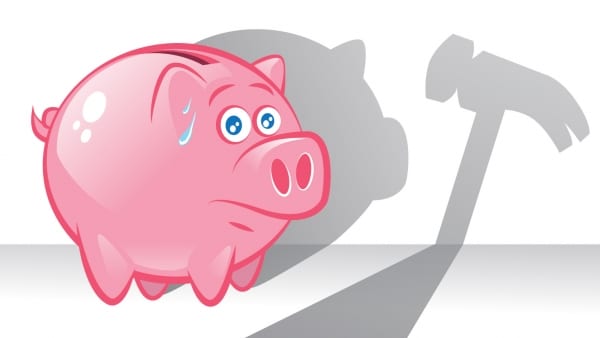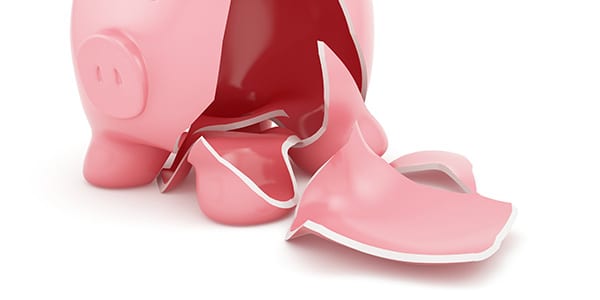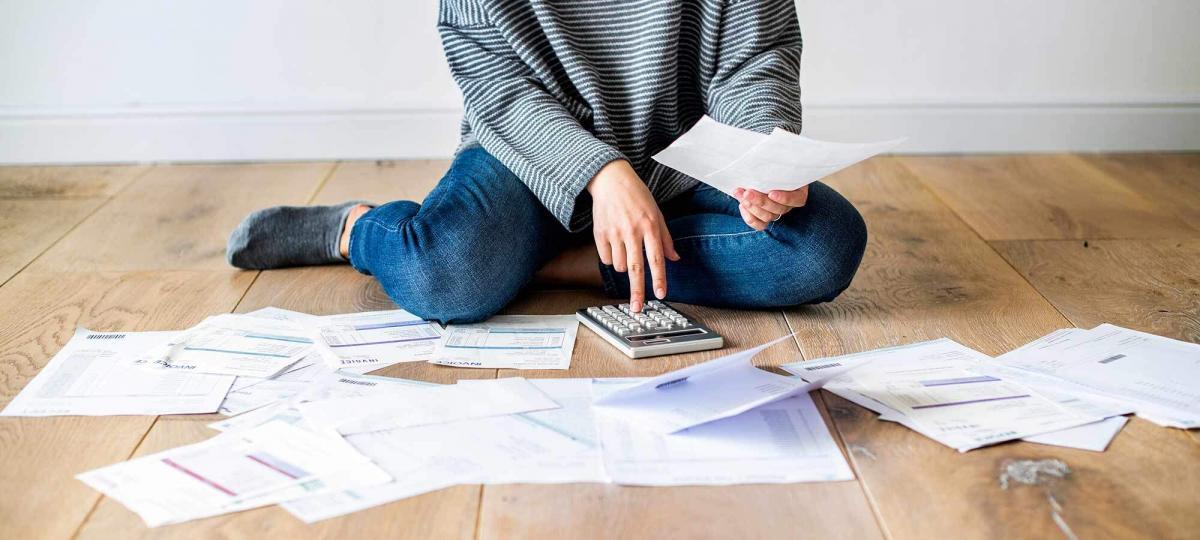With the advent of a global pandemic sending Australia into lockdown mode, many businesses have suffered immensely. Social isolating is now the norm and businesses that were once thriving have been forced to close. This is a situation that no-one could have predicted and has left a lot of people searching for debt help.
Here is your unemployed survival guide.
I Lost My Job, Now What?
If you have found yourself without a job during this COVID-19 pandemic, you are certainly not alone.
With restrictions placed on restaurants, pubs, gyms, cafes and many other businesses taking a huge hit, they have been forced to lay off their employees. Australia’s unemployment rate rose to 5.2% in March. With Employment Minister Michaelia Cash stating that Treasury modelling shows it will spike in June at around 10%.
On top of this, figures from ANZ showed total job ads plunged 53.1 per cent in April, compared to a 10 per cent drop in March.
While the most logical solution is to go on the hunt for a new job, with fewer jobs available and more people looking for work than ever, this just isn’t an option for many. This has left many families looking for debt help. If you find yourself in this position, here are some steps you can take.
Look For Your Entitlements
The Australian Government has stepped up to help those who have lost their jobs during this time, so it is worthwhile looking at what you might be entitled to. Here are some you can look into:
The Jobseeker payment is available to those who were stood down or let go, including sole traders, self-employed, casual workers and contract workers. You have to meet the following requirements:
- Between 22 years old and Age Pension age.
- Income is under the test limits.
- You meet residence rules.
- You meet their Government’s definition of unemployed and are looking for work.
- You’re sick or injured and are unable to do your usual work or study for a short time.
If you meet these requirements, you are entitled to anything from $565.70 to $790.10 a fortnight. Your partner’s income could also affect what you are entitled to.
Coronavirus Supplement payment: if you are eligible for the Jobseeker payment or other Human Services payments (such as Parenting Payment and others), then you will be eligible for this one too. It is a new support payment of $550 per fortnight, once again, dependant on how much you or your partner earn.
Economic Support payments: this is a one-off $750 payment for those who already receive a range of government benefits.
The idea of all these benefits is to give people debt help while we social distance and stay home to help slow the spread of COVID-19. Of course, for some people, these payments aren’t enough.
Get Debt Help
If these payments aren’t enough to help you with the cost of living and you are finding yourself in debt during this crisis, then it is time to get debt help.
Speak with lenders
The first thing to do is to speak with your lender and ask if they can offer any help. Many businesses are stepping up to support fellow Australians during this time and offering interest-free periods to stop your debt from increasing while you struggle to pay it off. You may even be able to pause or defer certain repayments. Many banks are offering relief from credit card repayments.
Look at your service providers
It is also worth calling around your service providers and seeing if they can offer any assistance. Look at cheaper options or whether accounts can be paused or suspended for the time being.
Sort your debts
If you are juggling a number of different debts, try and prioritise them and work out which one needs to be paid off first. It generally makes sense to pay off the one with the highest interest rate first and work that way. Debt Consolidation could be a good option for you. This is where all of your debts are combined into one, easy to manage payment with a lower, fixed interest rate.
Payday loans:
It may also be worth considering a payday loan to help make ends meet while all this is going on. They are short-term loans with no restrictions on what they can be used for. They do come with high fees attached to them, so it is worth weighing up whether they are right for you.
Get Debt Help Fast
If you are up to your knees in debt and don’t know how to move forward, it is time to speak to a professional and get some debt help. The experts at Australian Lending Centre will talk you through your options and give you the help you need to get back on your feet and see you through this global crisis.
Remember, these are unprecedented times that no-one could predict. If you need debt help, just know you aren’t alone.






